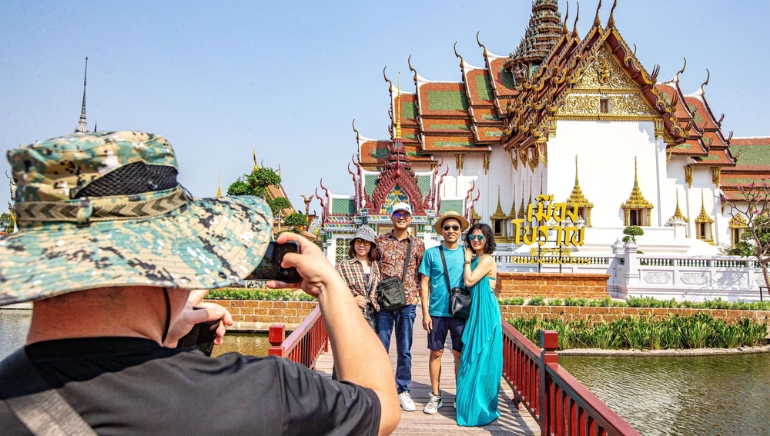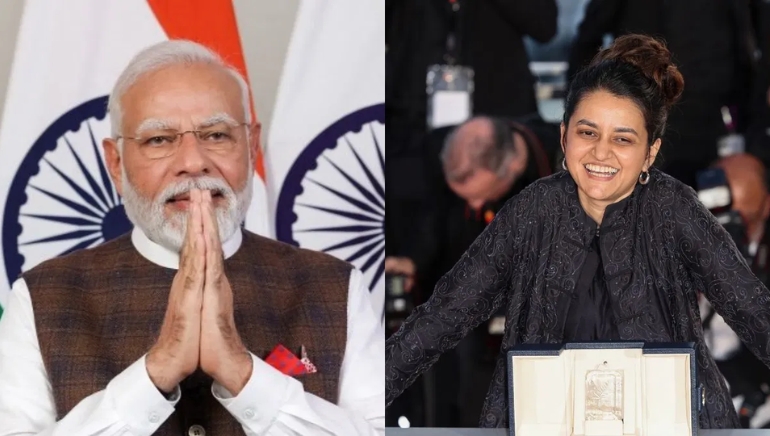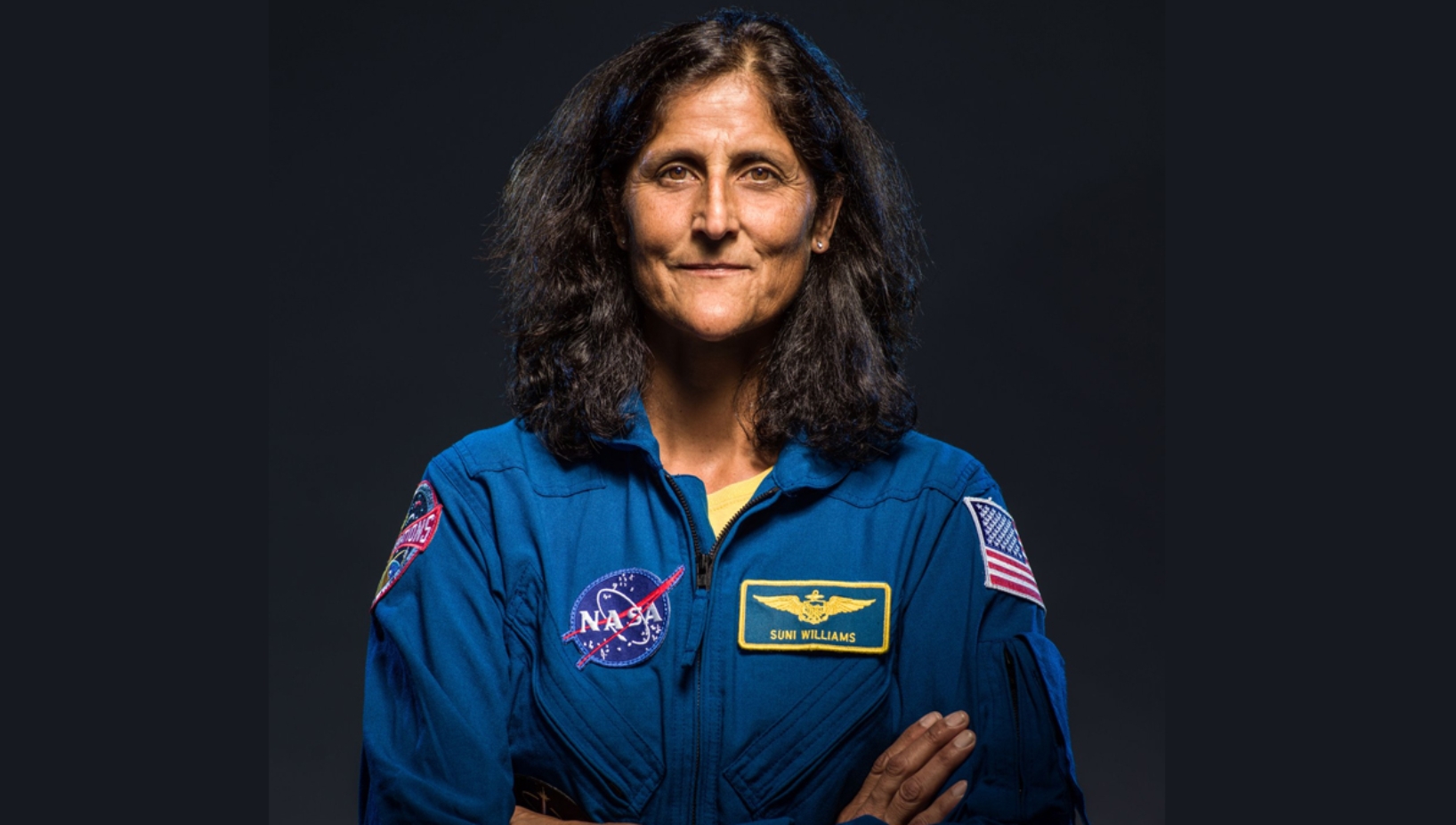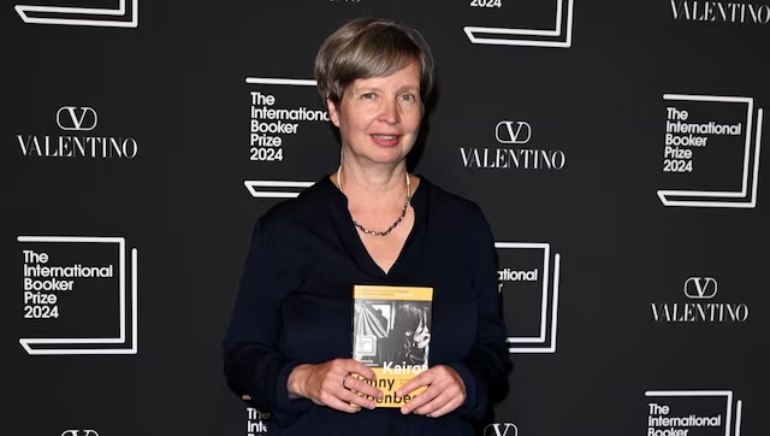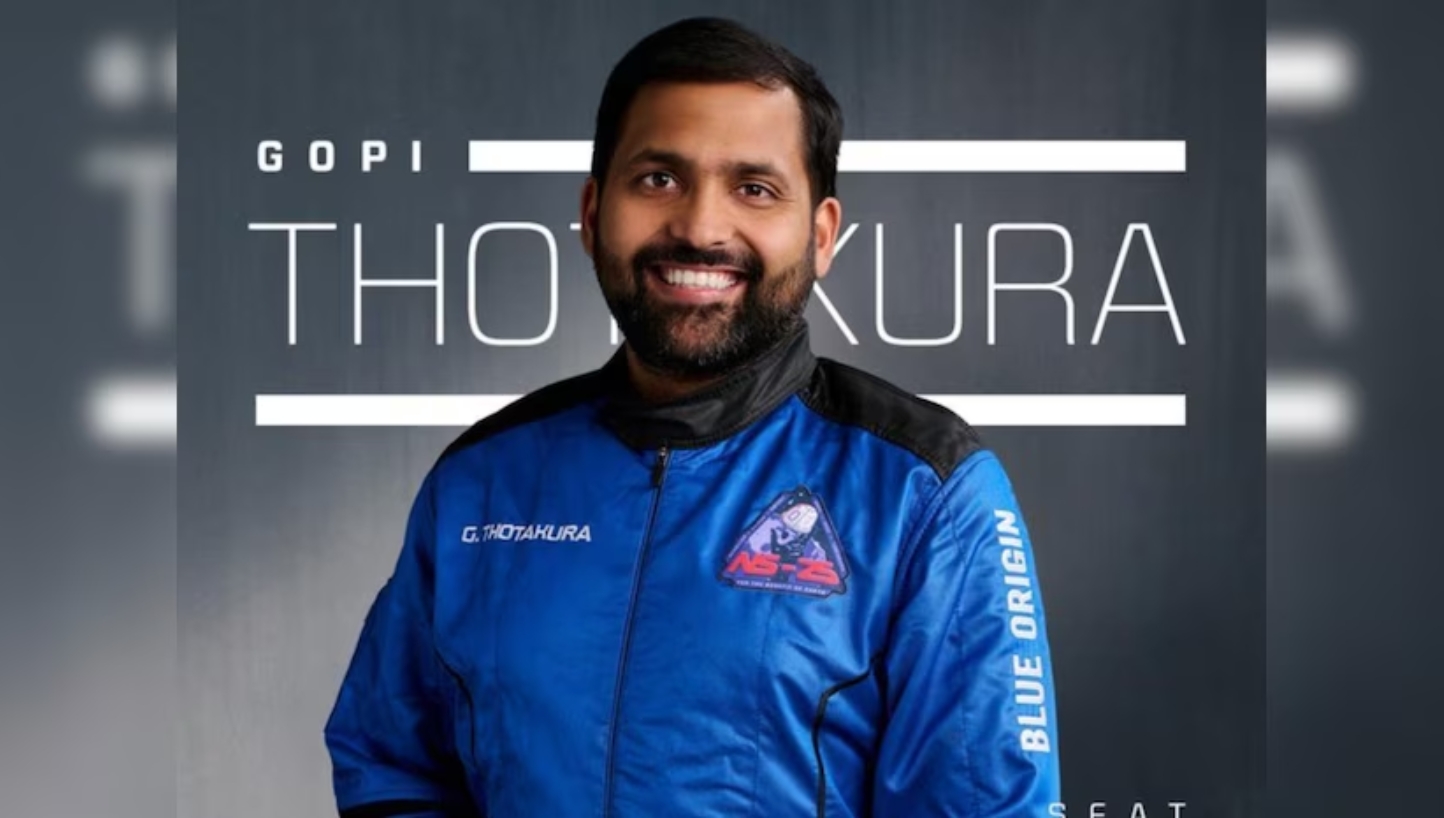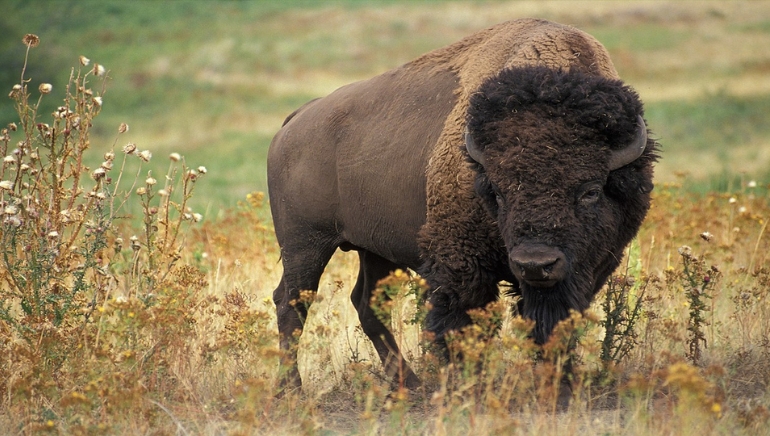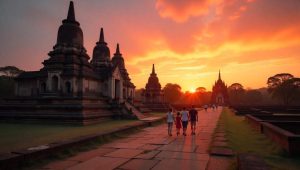Nearly a year after the catastrophic implosion of the OceanGate Titan submersible, a new expedition aims to safely examine the Titanic ruins in the North Atlantic. Larry Connor, a billionaire from Ohio, is spearheading this effort, which aims to demonstrate that such dives can be safely completed with competent engineering.
Connor, a 74-year-old seasoned explorer, revealed his ideas to The Wall Street Journal, emphasising the importance of strict safety precautions. The tragic Titan catastrophe in June 2023, which resulted in the immediate deaths of everyone onboard, piqued his interest in this industry.
In pursuit of his aim, Connor contacted Patrick Lahey, the CEO of Triton Submarines. Lahey, who previously criticised OceanGate for its weak safety precautions, is now working with Connor on this project.
The expedition will use Triton Submarines’ advanced Triton 4000/2 “Abyss Explorer.” This modern two-person submersible, priced at $20 million, is known as the world’s deepest diving acrylic sub, capable of descending beyond 13,000 feet.
Lahey, a co-founder of Triton with Bruce Jones, will accompany Connor on this risky dive. While the exact date of this mission has not been announced, Connor and Triton Submarines hope to set new benchmarks for deep-sea exploration and safety.







